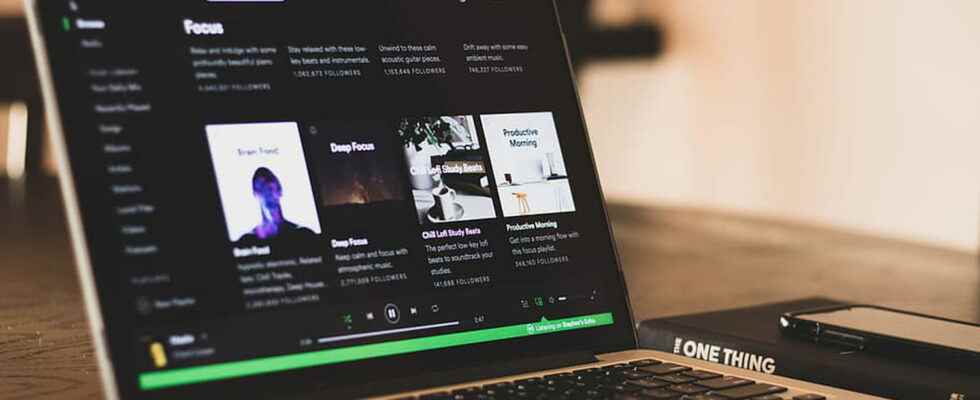In lack of funding, the National Music Center proposes to impose a new tax on audio streaming (Spotify, Deezer, etc.). A proposal that is far from unanimous among professionals in the sector…
The question of financing the national music center (CNM) has always been tricky. It must be said that this organization appeared in a particular context, shortly before the pandemic, which is far from ideal with the cancellation of concerts and festivals. Today, the CNM is looking for new means of financing. While its annual budget is 70 million euros, the CCM has already spent 120 million euros while we are only in the middle of the year. And 75 million have been dedicated to safeguarding and reviving the entertainment world.
The bad news followed. A 2020 ruling by the Court of Justice of the European Union (CJEU) prohibited member states “to exclude performers who are nationals of countries outside the EEA (European Economic Area) from the right to equitable remuneration”. However, in France, the passages of the American discs do not give right to an equitable remuneration with their having right, because there is no reciprocity. The sums paid as equitable remuneration are therefore placed in a reserve of “undistributable”. And 70% of this reserve is distributed among local music players when 30% goes to aid. These aids, which amount to 25 million euros, are in turn distributed between labels, festivals and concerts. From now on, the CNM no longer collects them.
A divisive bill
Faced with this deficit, part of the performing arts community and the CNM would like to create a new tax for audio streaming platforms – such as Spotify, Deezer, Qobuz or Apple Music – which would bring in around 20 million euros. This tax would represent around 30 cents on a subscription, but the consumer would not pay more and the platform would not lose part of its profits. The sum would be withdrawn from the beneficiaries, who, in return, would be likely to receive aid from the CNM. This proposal is far from arousing general approval, in particular with the National Syndicate of Phonographic Publishing (SNEP), who finds that “it would be a disaster” for the market.
The SNEP represents a majority share of the streaming market, with the majors which are members as well as thousands of independents. All are against a new tax. Bertrand Burgalat, a French producer, musician, composer, arranger and singer, explains to echoes that “we are in a period of inflation and in some countries we are already seeing unsubscriptions. There is a form of concupiscence around streaming revenues, many people want to appropriate them, but it is at the risk of killing the dynamics of the market“Decisions will be taken in the coming months by the Government.
